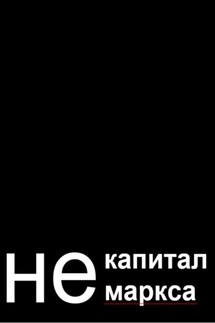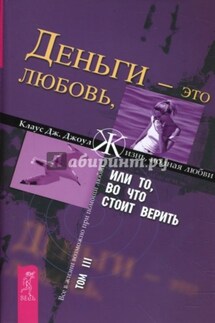The General Theory of Capital: Self-Reproduction of Humans Through Increasing Meanings - страница 26
Quality and quantity of meanings
Meanings change according to the laws of probability. On the one hand, they can increase and complicate when people (re)combine them trying to get different results. On the other hand, they can decrease and simplify when people lose them during transmission. Culture is an ongoing experiment based on experience:
“Larger populations can overcome the inherent loss of information in cultural transmission because if more individuals are trying to learn something, there’s a better chance that someone will end up with knowledge or skills that are at least as good as, or better than, those of the model they are learning from. Interconnectedness is important because it means more individuals have a chance to access the most skilled or successful models, and thereby have a chance to exceed them, and so can recombine elements learned from different highly skilled or successful models to create novel recombinations”(Henrich 2016, p. 220).
The quality and quantity of meanings depend on the strength, diversity and sociality of human populations, and population numbers depend on the quantity and quality of meanings:
“… If some one man in a tribe, more sagacious than the others, invented a new snare or weapon, or other means of attack or defense, the plainest self-interest, without the assistance of much reasoning power, would prompt the other members to imitate him; and all would thus profit. The habitual practice of each new art must likewise in some slight degree strengthen the intellect. If the new invention were an important one, the tribe would increase in number, spread, and supplant other tribes. In a tribe thus rendered more numerous there would always be a rather better chance of the birth of other superior and inventive members” (Darwin 1981, p. 161).
The same mechanisms that lead to an increase in the complexity of a culture-society can, under certain conditions, also lead to a loss of complexity. When a population shrinks or gets isolated, it can lose its adaptive cultural information. Joseph Henrich gives the following example. When Europeans first encountered Tasmanians, their tools looked primitive compared to the tools of other Paleolithic communities. Archaeological excavations have shown that Tasmanians had more complex instruments tens and even hundreds of thousands of years ago, until about 12,000 years ago, when the island was cut off from Australia by rising sea levels. Under conditions of isolation, Tasmania’s relatively small population was unable to maintain the previous complexity of its tools (Henrich 2016, pp. 220-2).
Human activity is a set of material social abstract actions, the result of which are humans themselves. The quality of meanings determines the quality of people, and the quality of people determines the quality of meanings. In this “subject—meaning” cycle, the quality of both the subject and the meaning is determined by their materiality, sociality and abstractness. The quality of material action (making) and its means depends on the community size and the specifics of communication:
“The size of the group and the social interconnectedness among these individuals plays a crucial role in this process. The most obvious way that the size of a group can matter is that more minds can generate more lucky errors, novel recombinations, chance insights, and intentional improvements” (Henrich 2016, p. 213). “The power of a group’s collective brain depends on its social norms and institutions. … In humans, sociality and technological know-how are intimately interwoven” (ibid., p. 322).







